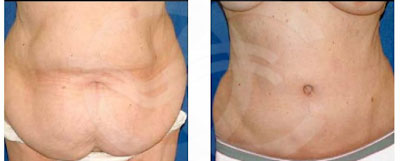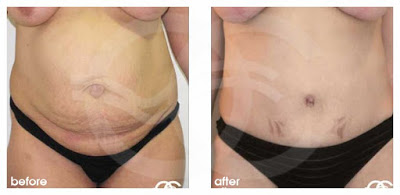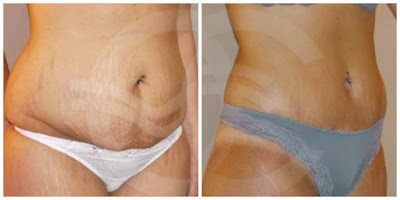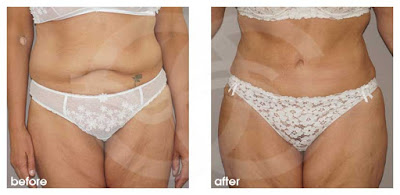Tummy tuck surgery can help you shift stubborn fat deposits and fix loose skin and muscles. If a tighter, more toned tummy is something that interests you, you might be wondering if a tummy tuck is suitable for you?
In this article, we’ll look at who the ideal candidate is for this type of body contouring surgery…
There are a number of factors that dictate whether or not you’re an ideal candidate for abdominoplasty, let’s run through them:
1.Your weight
Ideally, you should be within 20% of the ideal body weight for your age and height. A tummy tuck isn’t an alternative to a healthy diet and exercise, rather a complement to it. It can be used to help you shift weight that is resistant to diet and exercise and repair stretched muscle and skin (something that no amount of dieting or exercise can do).
Good candidates are often people who’ve had significant weight loss, including those who have had bariatric surgery and have been left with sagging skin and tissue. If you are still overweight or have a significant amount of intra-abdominal fat that surrounds your internal organs, you may need to slim down before considering a tummy tuck.

2. Your health
It’s important that you’re in good general health to undergo a tummy tuck and that your doctor feels it is safe for you to undergo general anesthesia. Your age may be a factor in this, as well as any history of heart issues. You’ll need to talk to your plastic surgeon about your medical history, including any previous abdominal surgery you’ve had, since internal or external scars may affect your candidacy.
If you’re a smoker, you must be prepared to stop smoking for several weeks prior to and after surgery. This is because smoking can cause a delay in wound healing as well as skin necrosis (skin death).
On the other hand, there are health issues that abdominoplasty can be used to treat, including umbilical hernias, keloid scarring, and diastasis recti. Often caused by pregnancy, diastasis recti is a condition where the left and right sides of the abdominal muscles (‘six pack’) separate.

3. Your body shape
If you have an apple-shaped body, you’ll naturally carry more weight around the midriff. You’ll struggle to achieve a flat tummy or a defined waist through diet and exercise, yet your legs, hips, and bottom may be skinny. Some people are simply genetically predisposed to have a bit of a belly, even if they’re physically in good shape otherwise. These people are perfect for abdominoplasty as it allows them to have the body they’ve worked for in the gym.
Pregnancy can also change your body shape and the areas where you store weight. Hormone fluctuations might mean you lay down more fat on your breasts, tummy, and hips. And you may find your tummy now bulges, where before it was flat. Pregnancy stretches out the muscles of your abdominal wall and often leaves you with stretch marks and excess skin. Women who’ve experienced a change to their abdomen following pregnancy frequently make ideal tummy tuck candidates.

4. Your age
It’s not only pregnancy that can cause loose abdominal muscles and lax skin; the normal aging process can too. As we age, our muscles weaken and lose tone, while our skin also loses elasticity and begins to sag. In addition to this, our metabolism changes and it becomes harder to keep weight off.
This means that our tummies usually don’t look the same at 50 as they did at 20 - even if we’ve maintained a healthy lifestyle. Middle-aged people, both male and female can enjoy huge benefits from abdominoplasty. The surgery, which is usually combined with liposuction, can also tackle other things that creep up on us with age, including love handles, muffin tops, and bra rolls.

5. Your future plans
A tummy tuck is a fairly extensive surgery and it’s also an investment, so you’ll want to maintain the results for as long as possible afterward. If you’re a woman, it’s important to think about your family plans - is it likely you’ll become pregnant again in future? If the answer is yes, it makes sense to wait until you’ve completed your family before having an abdominoplasty. A pregnancy could undo the results of your surgery. The muscles that are repaired can separate again and skin that has been tightened will be stretched, deteriorating the skin quality.
Equally, gaining or losing a lot of weight will have a detrimental effect on your results. Therefore, if you’re planning on losing weight, you should delay your tummy tuck. An ideal candidate for surgery has reached a stable body weight and established good, sustainable habits when it comes to diet and exercise.
Are you a good candidate for a tummy tuck? Why not book a free consultation at Ocean Clinic to find out? Visit one of our three clinics or speak to a plastic surgeon by video call.

